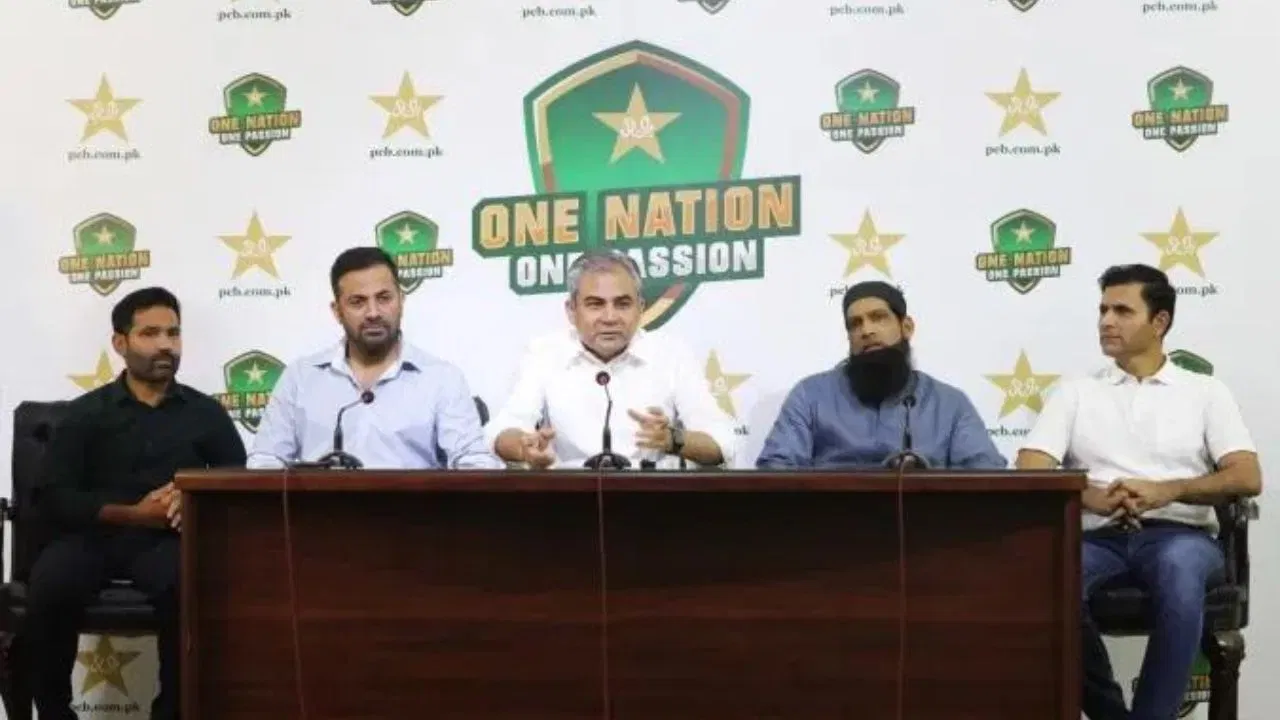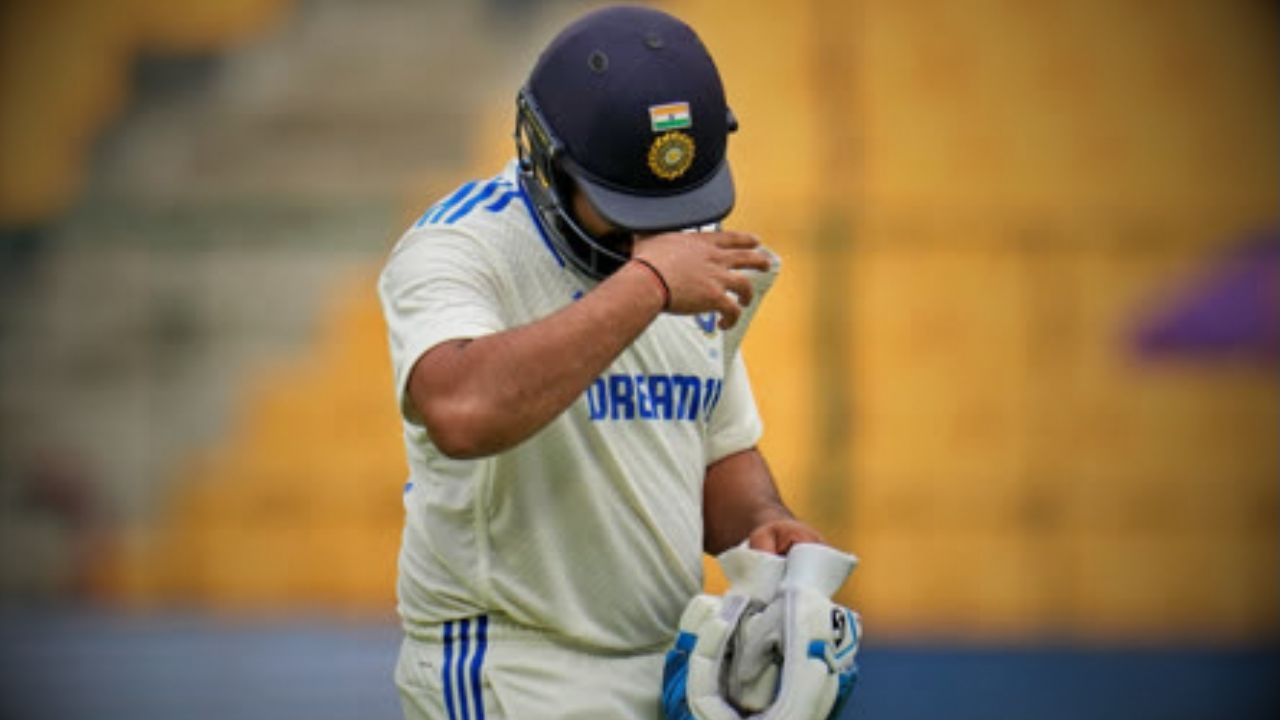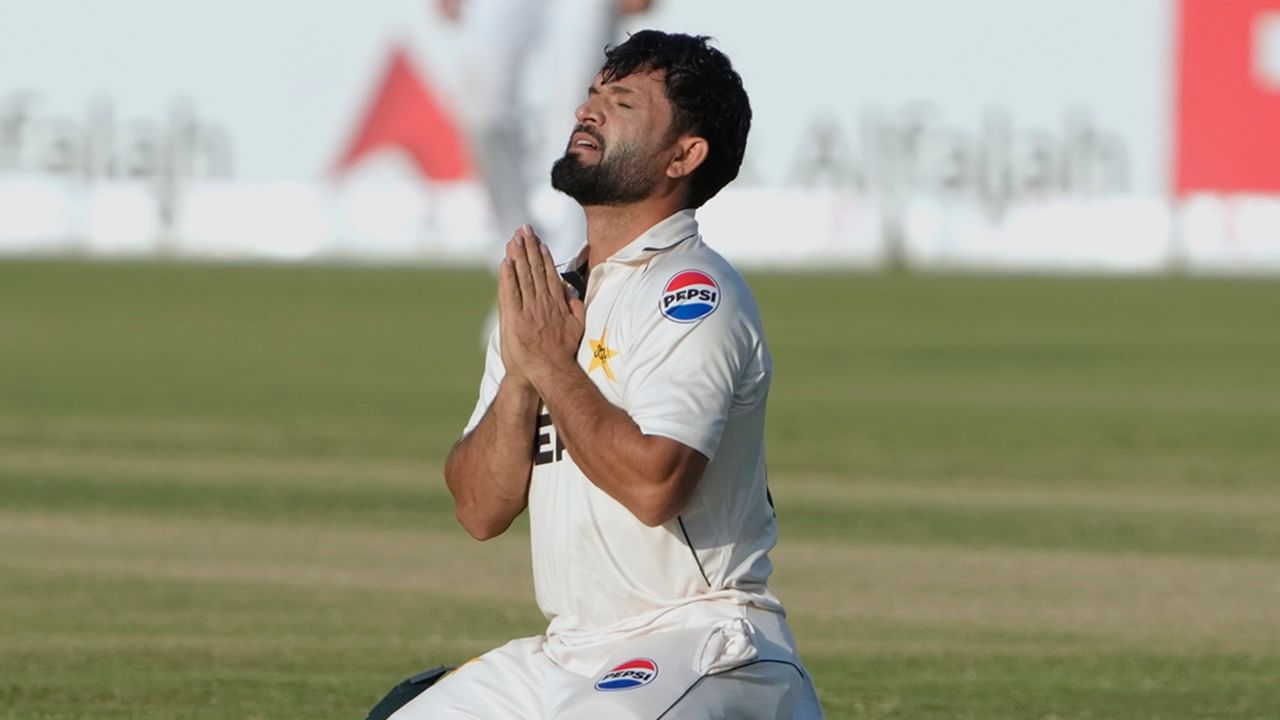The Pakistan cricket team is once again in crisis mode, struggling to find its footing in international cricket. Over the past two years, the team’s performance across formats has continued to decline, culminating in a significant defeat by an innings and 47 runs against England during a recent Test match in Multan. This alarming trend has sparked outrage not only among fans but also raised critical questions about the Pakistan Cricket Board’s (PCB) decision-making processes, especially with the recent appointment of former umpire Aleem Dar to the selection committee. Dar’s inclusion, alongside three other newly appointed selectors, brings the total count of selectors changed by the PCB to a staggering 26 in just four years.
Recent Changes in the Selection Committee
On October 11, following the disheartening loss to England, the PCB announced significant changes in its selection committee. Previously, the committee included former international batsman Asad Shafiq, analyst Hasan Cheema, captain Shan Masood, and coach Jason Gillespie. The sudden resignation of Mohammad Yousuf paved the way for new appointments. Joining the selection committee now are Aleem Dar, former fast bowler Aaqib Javed, and ex-captain Azhar Ali, marking yet another reshuffle in a bid to revitalize the team’s fortunes.
Impact of Frequent Selector Changes
The inclusion of Aleem Dar, who just this year retired from international umpiring and is primarily known for his officiating rather than playing, has raised eyebrows among cricket enthusiasts. The PCB’s constant reshuffling of selectors—averaging six new case appointments each year since 2021—illustrates a lack of consistency and long-term planning necessary for the sport’s development in Pakistan. Alarmingly, the new selection committee has not appointed a chairperson, which adds to the prevailing uncertainty around the team’s direction.
Instability in PCB Leadership
This ongoing turmoil within the selection committee mirrors the broader instability witnessed within the PCB’s leadership structures. Over the past four years, political fluctuations have led to the appointment of four different presidents, each making changes based on personal preferences rather than a unified strategic vision for Pakistan cricket. Such frequent leadership changes disrupt continuity, making it challenging to foster a cohesive environment where players and coaches can thrive. It is undeniable that the current turbulence within the PCB is negatively impacting the team’s performance, contributing to a climate of confusion and inconsistency.
Looking Ahead
For Pakistan cricket to regain its competitive edge, it is essential for the PCB to develop a well-defined strategy that transcends the whims of political environments and personal choices. Ensuring stability within the selection committee and advocating for long-term planning could prove vital as the team heads into future international competitions. Fans are yearning for a revival, and it is imperative that the PCB takes the necessary steps to secure a brighter future for cricket in Pakistan.










